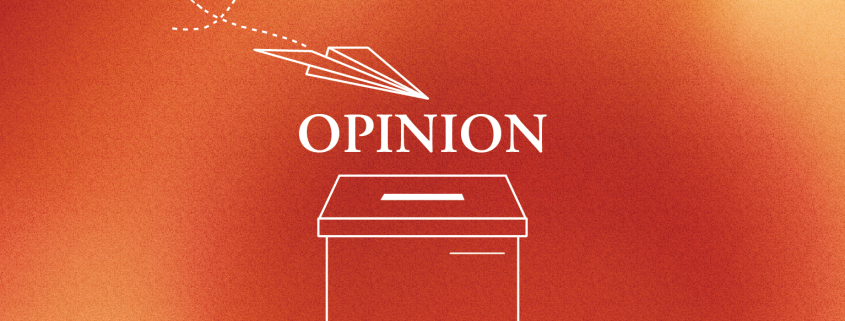USC plays into the L.A. anti-intellectualism myth
Whether or not I’ve fully processed it, I am reaching the end of my college career. As I’ve taken most of my required courses to graduate, I am left with nothing but freedom (in the form of open electives). For my upper division communication elective, no class piqued my interest on the fall registrar more than Los Angeles: Communication and Culture, taught by Josh Kun. Through this class, we’ve explored the complexities of L.A. as a whole, discussed the paradoxical nature of the city and addressed many of the myths surrounding it. However, none have stuck with me quite like the paradigm of the L.A. anti-intellectual.
For many, L.A. is a city of glitz, glamour and triviality. This is a phenomenon explored in many texts and films since the inception of the city. How could you be serious in a place that has beach weather for three quarters of the year? In a city where movies are made and celebrities run amok? In a city that isn’t so much a city, but a conglomerate of neighborhoods connected by nothing but arduous freeways?
For those who aren’t from here, Angelenos can seem like, as put best by Eve Babitz, sons and “daughters of the wasteland.” However, Babitz, in her books, revels in L.A. and its supposed unseriousness. What’s so wrong with endless sunshine? What’s so wrong with having a good time? Babitz, a native Angeleno, was a prolific writer and novelist. Yet, at the time her books were published — during what should have been the most pivotal years of her career — the public was dissuaded from her books and her lifestyle. She was scorned for flaunting partying and promiscuity with her books taken out of print. Babitz is just one example of what many believe to be the plague that L.A. brings upon its citizens. In short, the city has been touted for a lack of intellectual activity, for unaligned priorities for one reason or another, and USC’s priorities as an institution plays into that culture.
USC claims to be a liberal arts institution, requiring each and every student to take a diverse range of courses in addition to their major courses as a baseline of education. However, from what I’ve witnessed, most students just scourge and rage about requirements and treat them as just that: requirements. Once the general education courses have been completed, one’s courses are all for one’s major or minor and for the rest of your undergraduate career, this is all that matters. Depending on your field of study, it quite often happens that classes serve as instructions on how to do one’s job, as opposed to simply being learning for learning’s sake. In another one of my communication classes, one of my other electives that had no pre-professional emphasis at all, my professor reported that in her worst course evaluations, students complained that the course wouldn’t help them get a job. But, we often forget about the soft skills and knowledge outside of our little major bubble that we gain from stepping out of our required classes.
For those within less specific areas of study, typically those underneath the Dornsife College of Letters, Arts and Sciences, it feels as though USC pushes career fairs and job opportunities towards lines of work that are more likely to produce income than fulfillment. Career fairs are filled with consultant firms and sales positions — meanwhile, the School of Cinematic Arts has a running Google document linking internships akin to a glorified Substack. As I can attest, the Annenberg School for Communication and Journalism has extremely diverse and proficient career services, but not every student is in Annenberg.
This narrative is one that affects the student body. Questions like “What are you doing?” and “Where are you working?” take far precedence over “What are you studying?”. Pre professional fraternities mix socialization and jobs. There’s a common sentiment of insecurity over LinkedIn posts and the feeling of not doing enough, as someone will always have a better internship, a better job, and it will be five months earlier than you have even started applying. When all of this is going on, when you’re constantly stressed about bolstering your resume, classes can begin to feel like an afterthought, things to be pushed to the side in pursuit of locking in career opportunities to be concurrent with one’s education or secured for a seamless postgraduate transition. Work hard, play hard, run yourself into the ground and get a job or perish.
Do not get me wrong. All of these resources are extremely coveted, and are a luxury and privilege to have access to. For many, higher education is an opportunity to obtain a more lucrative career than a high school degree would offer. But, at times it seems that we forget that education is education, and not just a means to an end. In this day and age, money is a necessity. But while we are still undergraduates, let’s focus on expanding our arsenal with all the knowledge we can before we jump right into job interviews and become yet just another cog in our country’s capitalist machine.

